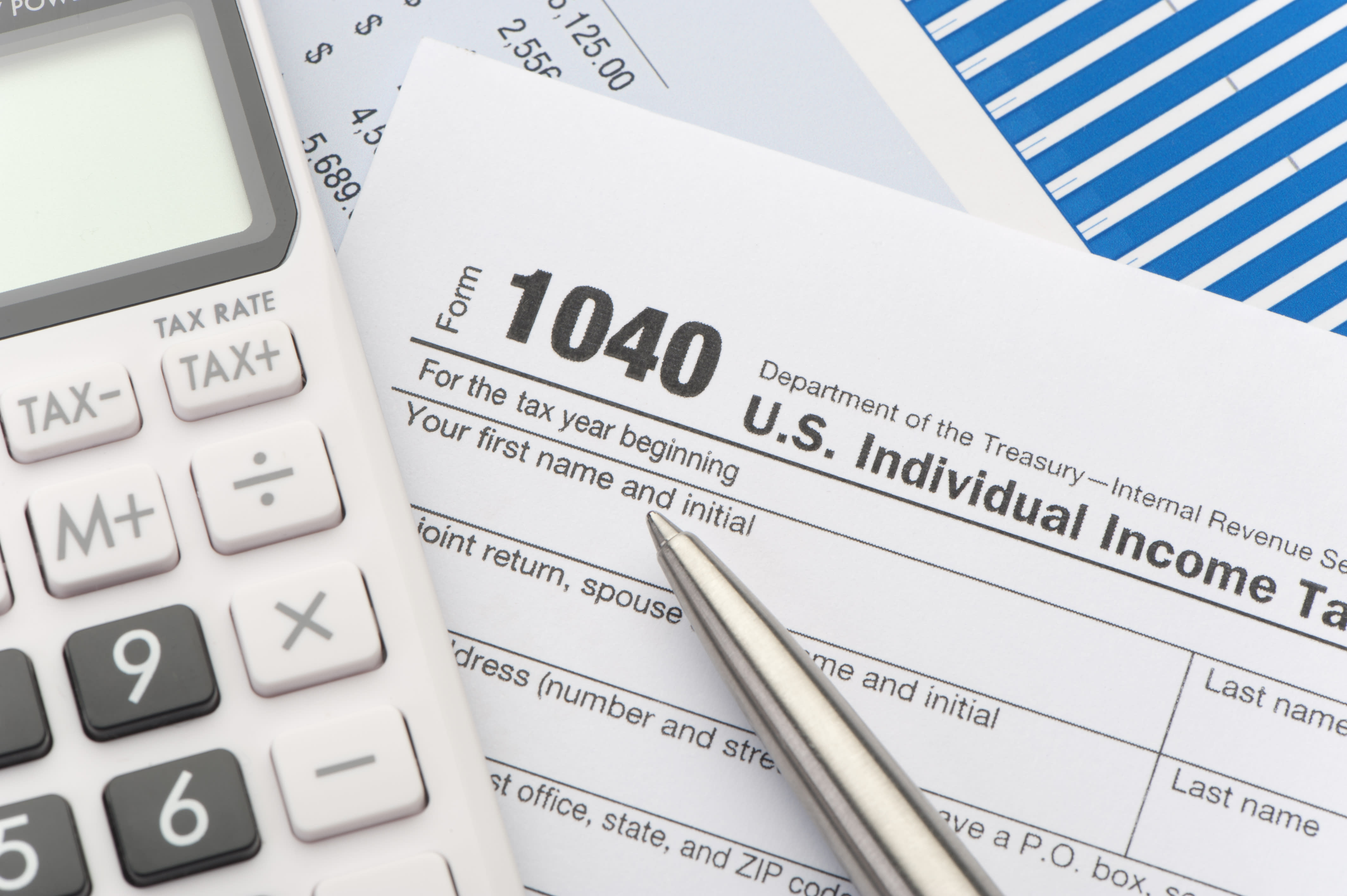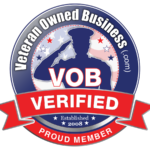As tax season approaches, many Veterans find themselves overwhelmed and unsure of what benefits they are eligible for.
With so many different rules and regulations, it can be difficult to determine what deductions and credits are available to those who have served in the military.
However, it is important for Veterans to understand their tax benefits and take advantage of them, as they can help reduce their tax liability and increase their tax refund.

What Type of Tax Benefits Are Available to Veterans?
One of the most common tax benefits available to Veterans is a deduction for military-related expenses.
This includes expenses incurred while on active duty, such as moving expenses, uniform costs, and travel expenses.
To qualify for these deductions, Veterans must have served in a combat zone or be on permanent duty outside the United States.
In addition, the expenses must be related to the Veteran’s service and not reimbursed by the government.
Another important tax benefit available to Veterans is a deduction for disability compensation.
This compensation is designed to help offset the cost of medical expenses and can have a significant impact on a Veteran’s tax liability.
To qualify for this deduction, Veterans must have a service-connected disability that has been rated by the Department of Veterans Affairs (VA). In addition, the disability compensation must be considered taxable income and must be included in the Veteran’s adjusted gross income.
Education expenses are another area where Veterans can receive tax benefits.
For example, the Lifetime Learning Credit allows Veterans to claim a credit of up to $2,000 for tuition and fees related to higher education expenses. To qualify for this credit, Veterans must be enrolled in a degree or certificate program and must meet certain other eligibility requirements.
While these are some of the most common tax benefits available to Veterans, it is important to keep in mind that there may be other deductions and credits that apply to a specific situation.
For example, Veterans may be eligible for deductions for state and local taxes, mortgage interest, and property taxes.
Additionally, Veterans who are blind or have a disability may be eligible for an additional standard deduction.
The Final Word on Taxes
When it comes to maximizing tax benefits, it is important for Veterans to be aware of the deadlines and to be meticulous with their paperwork.
Double-checking tax returns for errors, ensuring all required documents are submitted, and seeking assistance from a tax professional, if necessary, can help ensure that Veterans receive all the benefits to which they are entitled.
Tax season can be a confusing and stressful time for Veterans, but understanding the tax benefits available to them can help make the process smoother and more manageable.
By taking advantage of the tax benefits available to them, Veterans can reduce their tax liability and increase their tax refund, giving them more financial stability and peace of mind.
Whether Veterans are filing their taxes on their own or seeking assistance from a tax professional, it is important to keep in mind the various tax benefits available to them and to take the necessary steps to ensure that they receive the maximum benefits they are eligible for.









